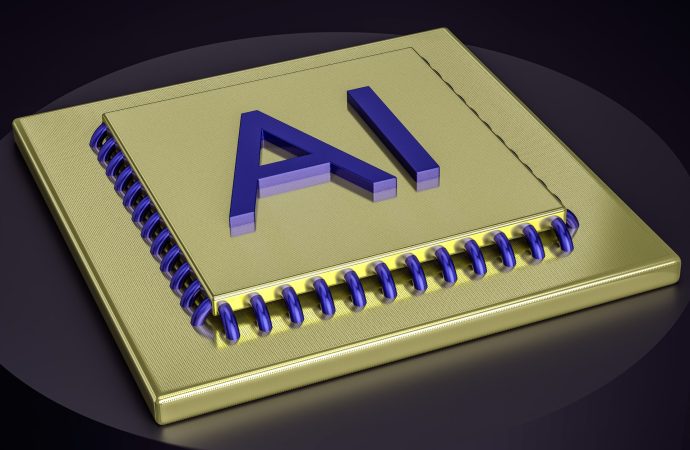Introduction: The future of healthcare is rapidly evolving, and at its forefront stands GPT AI, an advanced artificial intelligence system. GPT AI’s integration into the doctor’s office is revolutionizing patient care by enhancing efficiency and accuracy in diagnosis, treatment planning, and decision-making. In this article, we explore the remarkable potential of GPT AI in healthcare,
Introduction:
The future of healthcare is rapidly evolving, and at its forefront stands GPT AI, an advanced artificial intelligence system. GPT AI’s integration into the doctor’s office is revolutionizing patient care by enhancing efficiency and accuracy in diagnosis, treatment planning, and decision-making. In this article, we explore the remarkable potential of GPT AI in healthcare, examine its impact on medical professionals, and consider the implications for the future of the industry.
Streamlining Diagnosis and Treatment:
GPT AI’s powerful capabilities have the potential to significantly streamline the diagnostic process. By analyzing vast amounts of patient data, medical literature, and research, GPT AI can assist doctors in reaching accurate diagnoses more efficiently. Its ability to process complex medical information and detect patterns allows for rapid identification of potential conditions, leading to timely interventions and improved patient outcomes.
Furthermore, GPT AI can aid in treatment planning by leveraging its extensive knowledge base. By considering a multitude of factors, such as patient history, medication interactions, and treatment guidelines, GPT AI can provide medical professionals with evidence-based recommendations, facilitating personalized and optimized treatment plans.
Augmenting Medical Expertise:
It is important to note that GPT AI is not designed to replace doctors but rather to augment their expertise. The system acts as a powerful tool, providing medical professionals with comprehensive data analysis and generating insights that complement their clinical judgment. This collaborative approach allows for more informed decision-making and can lead to improved patient care.
Moreover, GPT AI’s ability to continuously learn and adapt makes it a valuable asset in the ever-evolving field of medicine. As it processes new information and stays updated with the latest research, GPT AI can help doctors stay abreast of medical advancements, emerging treatments, and evolving best practices.
Enhancing Efficiency and Accessibility:
The integration of GPT AI in healthcare holds the promise of significantly improving efficiency and accessibility in the doctor’s office. AI-powered virtual assistants or chatbots can handle routine administrative tasks, such as appointment scheduling, patient record retrieval, and basic inquiries. By automating these processes, medical professionals can dedicate more time to direct patient care, ultimately improving the overall patient experience.
Additionally, GPT AI’s ability to communicate in multiple languages and adapt to different communication styles can enhance accessibility and bridge language barriers. This technology has the potential to reach underserved populations, providing them with quality healthcare information and guidance.
Ethical Considerations and Quality Assurance:
As the role of GPT AI expands in healthcare, it is crucial to address ethical considerations and ensure quality assurance. Patient privacy and data security must be protected rigorously to maintain confidentiality and comply with regulatory requirements. Transparent communication with patients about the use of AI in their care is vital to foster trust and ensure informed consent.
Furthermore, ongoing monitoring and evaluation are necessary to assess the performance and accuracy of GPT AI systems. Regular audits, external reviews, and interdisciplinary collaborations can help identify and rectify potential biases, errors, or limitations, ensuring the responsible and reliable use of this technology.
The Future is Here:
The integration of GPT AI in the doctor’s office heralds a new era in healthcare, where advanced technologies work in tandem with medical professionals to deliver improved patient care. As AI continues to evolve, it will undoubtedly play an increasingly integral role in diagnosis, treatment, and patient management.
While challenges and ethical considerations remain, the potential for GPT AI to enhance efficiency, accuracy, and accessibility in healthcare is undeniable. By embracing this technology responsibly and leveraging its capabilities, the future of healthcare promises transformative advancements that will benefit patients and medical professionals alike.

















Leave a Comment
Your email address will not be published. Required fields are marked with *